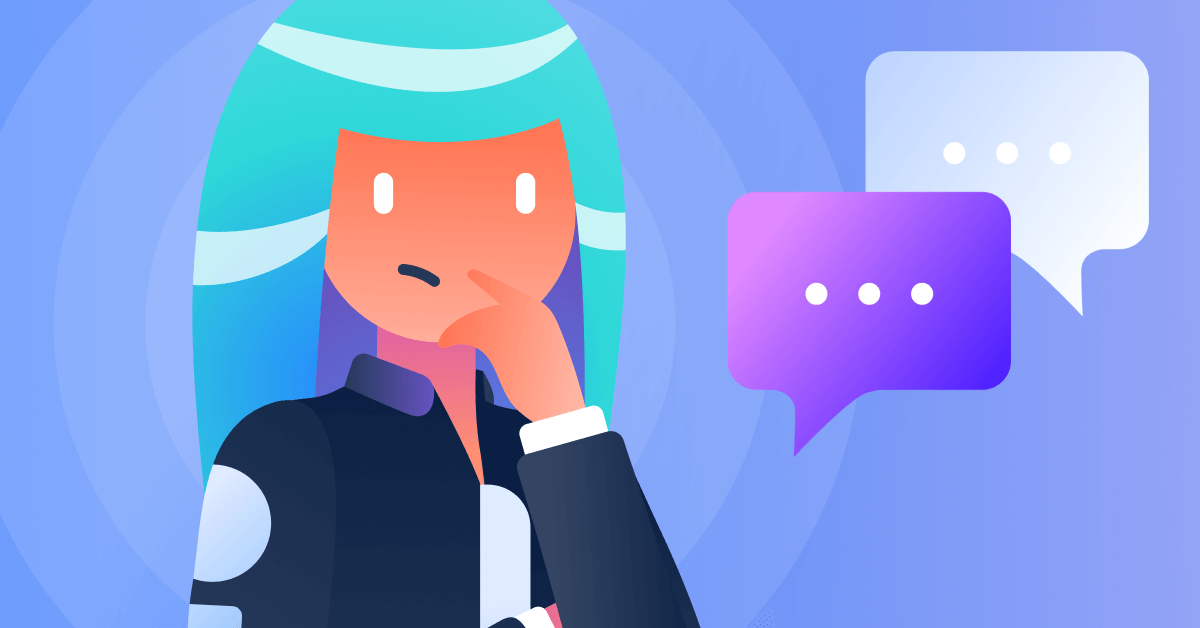We built a mean game to test AI's ability to apologise

I want to apologise. Over the past few weeks, I subjected my co-workers, family and friends to a rather deceitful social experiment. With the help of some psychology researchers, I manufactured a situation where they would be insulted by a computer, and then fed them a series of pre-written apologies to find out which was the most effective. Many of my subjects were less than amused about being turned into guinea pigs. It was a trick, and for that, I’m sorry.
The project was a test to see how artificial intelligence might change one of the most delicate types of human interaction: the interpersonal apology. The companies who make AI-powered chatbots suggest we should find ways to insert them into our lives when we don’t know what to say or how to say it. That’s all well and good when responding to an unimportant email. But what about tasks that involve a mastery of subtle human interactions? Can you use a tool like ChatGPT to write better apologies? For that matter, should you?
What makes for a good apology?
"We all kind of know what to say in an apology. This information isn't a secret, but we get it wrong so often," says Judy Eaton, a psychology professor who studies apologies at Wilfrid Laurier University in Waterloo, Ontario, Canada. "Apologies aren't just about saying the right words, it's about bringing in the physiological responses of what researchers call 'psychic pain'. If you're truly remorseful, it hurts. If that pain doesn't come through in the apology, people can detect that it's not a real manifestation of vulnerability."
A commonly accepted piece of wisdom about AI is that chatbots shouldn't be good in situations that call for social intelligence, the ability to understand other people's actions and emotions. Sure, AI can help radiologists spot cancer, write cute limericks, or even start to decode animal language. But for many of us, any task related to empathy feels innately human. A good apology seems like something that requires feelings, which robots presumably don't have. Some experts, however, aren't so sure and researchers have been laying the computational groundwork for AI agents that can sense, perceive and respond to social situations.





